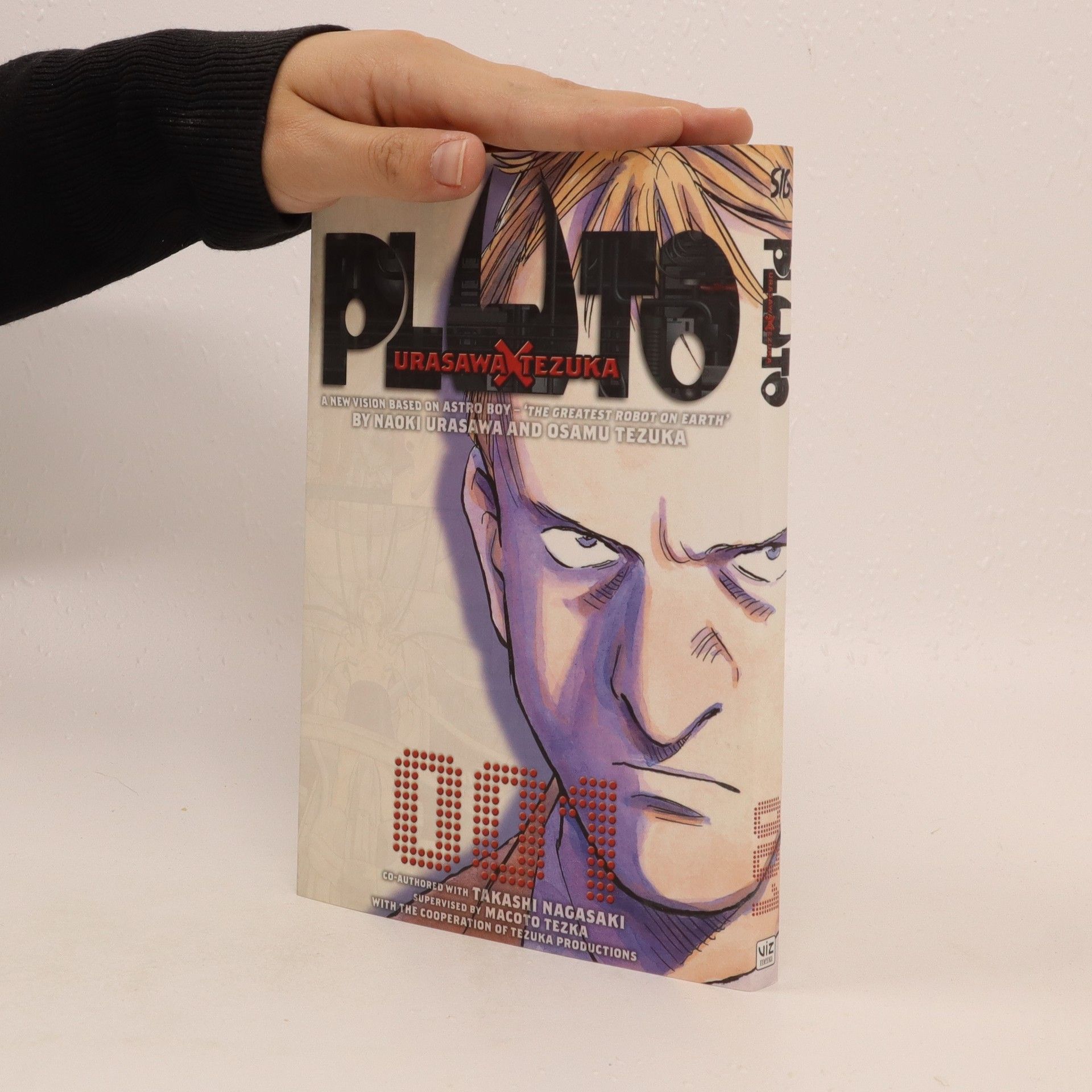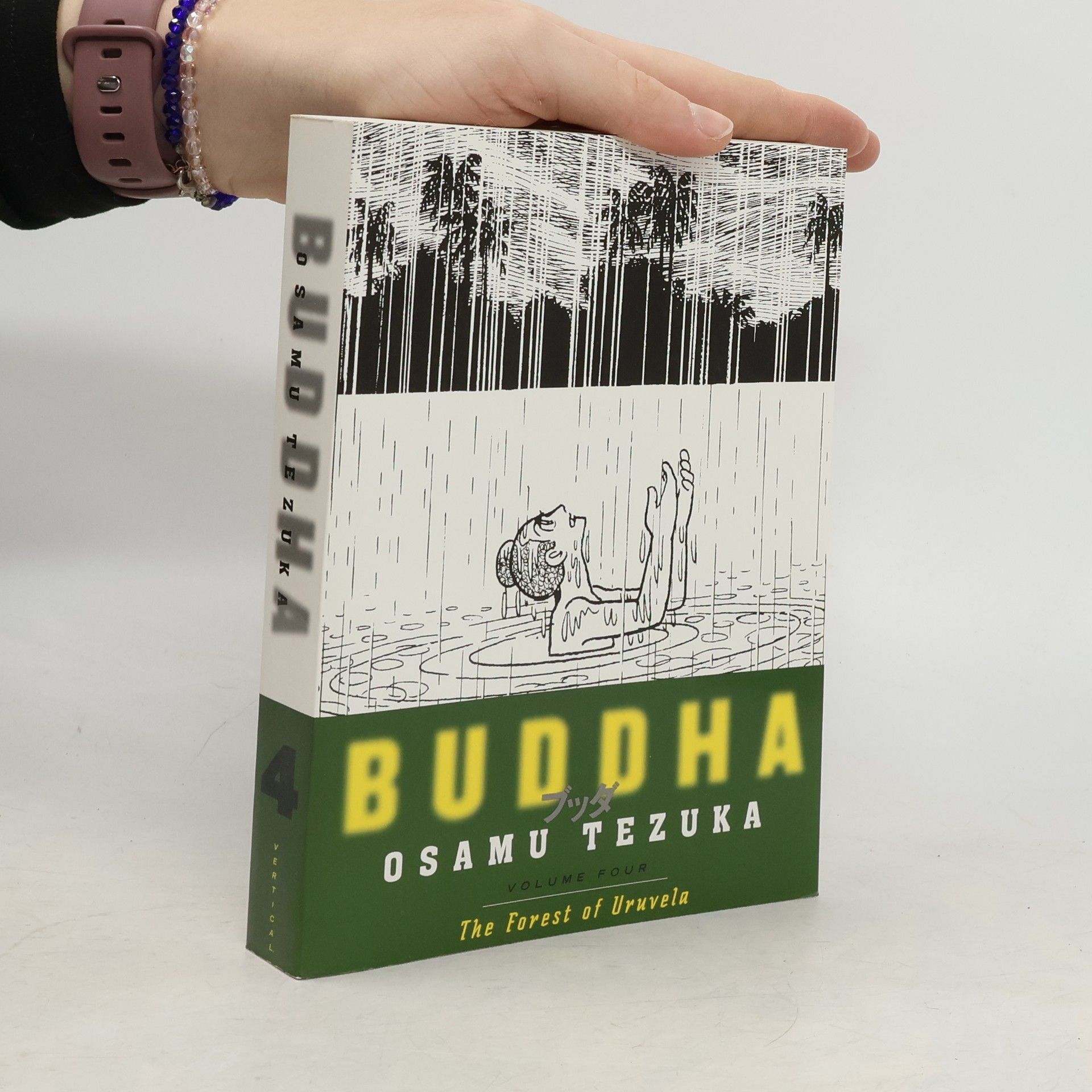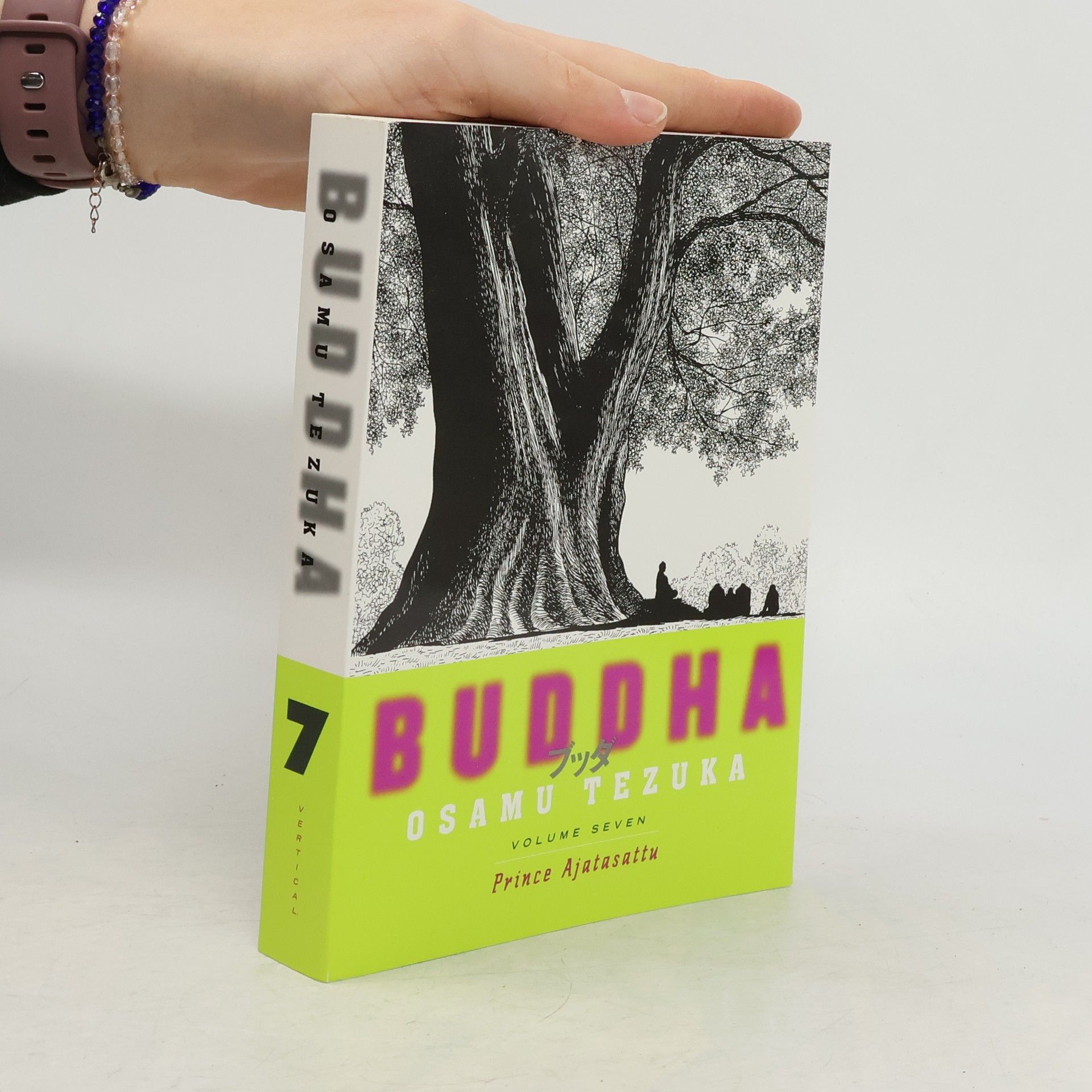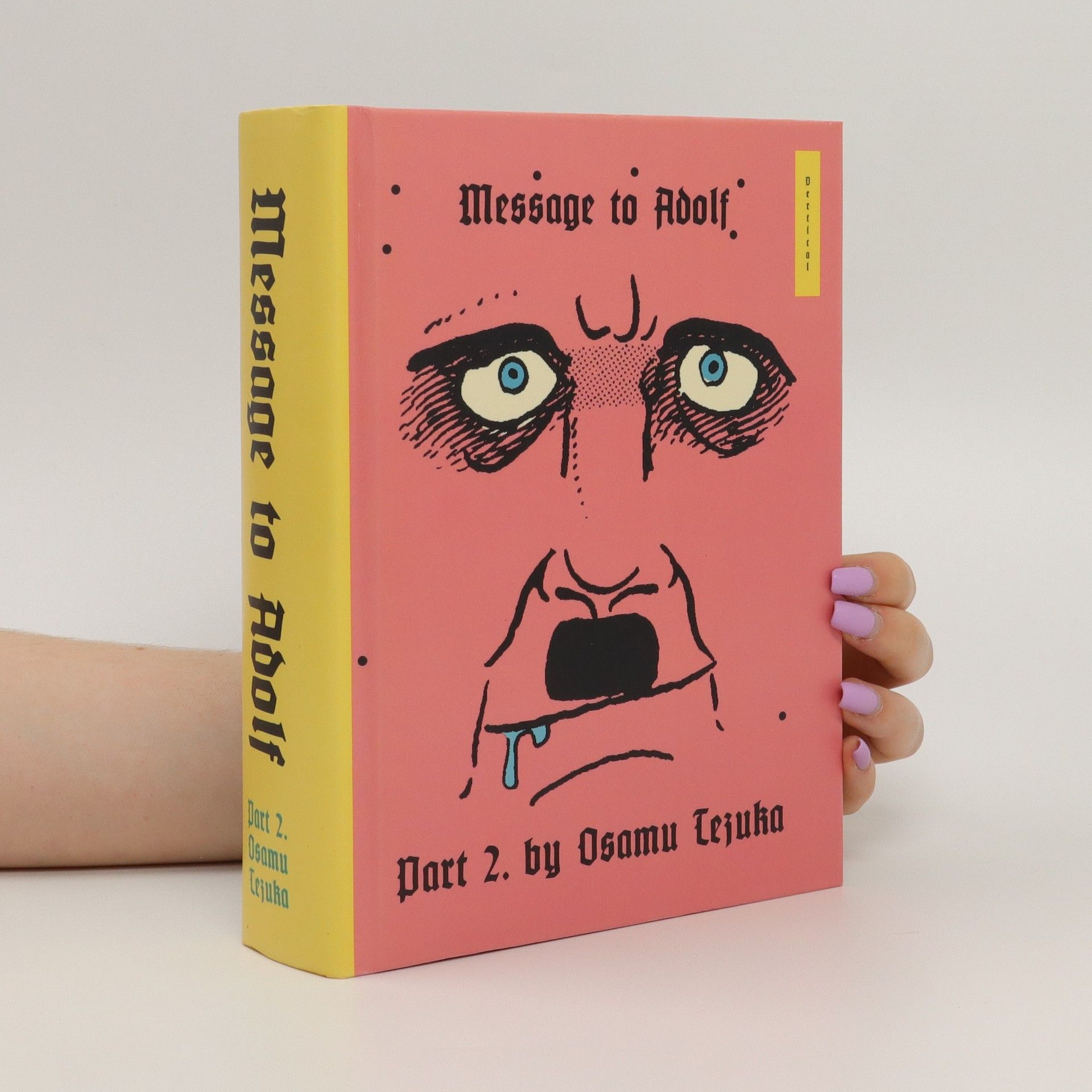Vous allez faire la connaissance de Tatta, le petit voyou, de Chaprah, l'esclave qui deviendra guerrier, du général Boudhaï, du vénérable Asitta, de son disciple Naradatta... Et bien d'autres personnages qui seront les témoins de la naissance du prince Siddharta au château de Kapilavastu. Ne manquez pas cette formidable découverte de la vie de Bouddha racontée par le maître du manga japonais, Osamu Tezuka !
Osamu Tezuka Livres
Osamu Tezuka était un artiste de manga, animateur et producteur japonais. Sa production prolifique, ses techniques pionnières et ses redéfinitions innovantes des genres lui ont valu des titres tels que « le père du manga » et « le Dieu du manga ». Il est largement reconnu pour ses contributions significatives au développement du manga et de l'anime, laissant un héritage durable qui continue d'inspirer les créateurs.


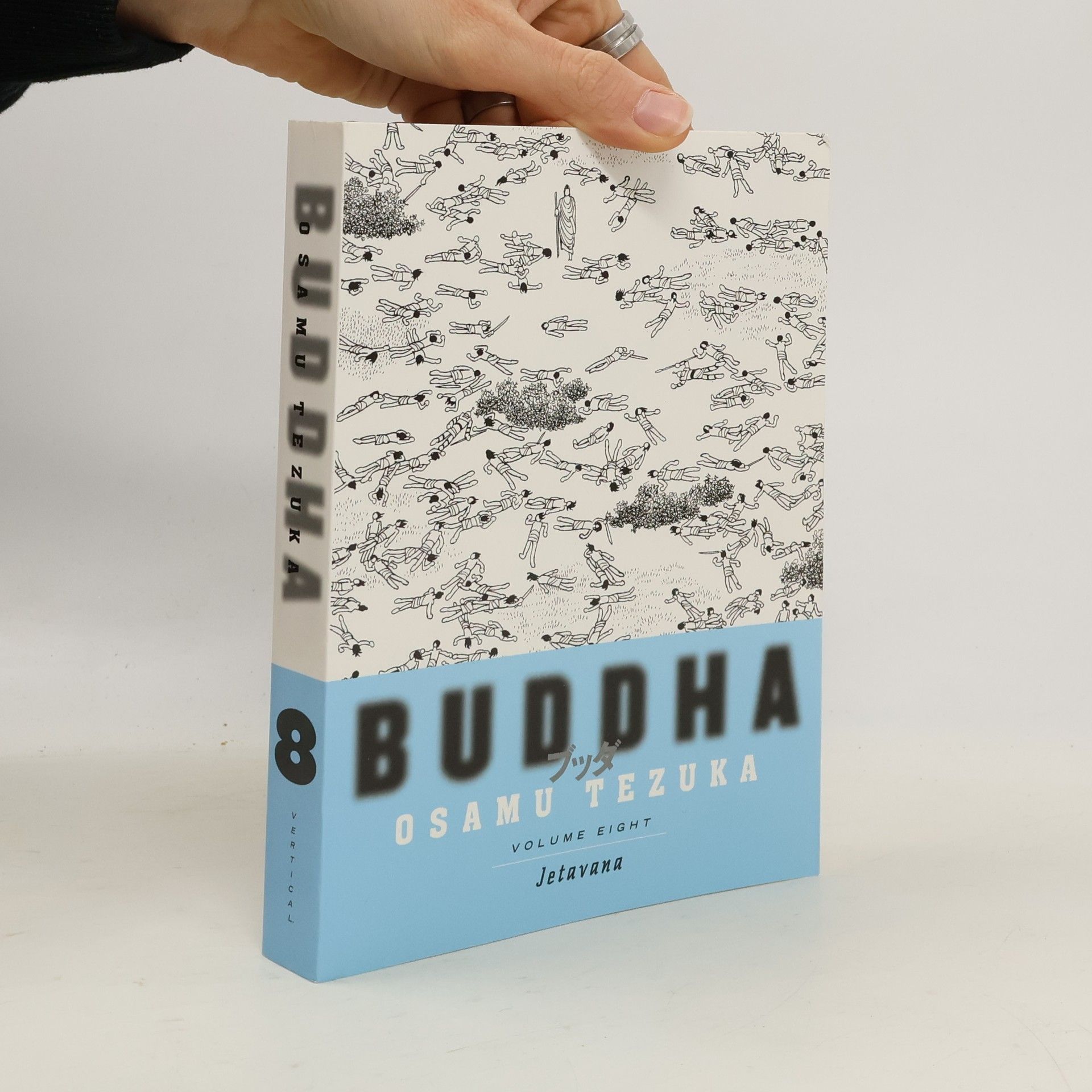

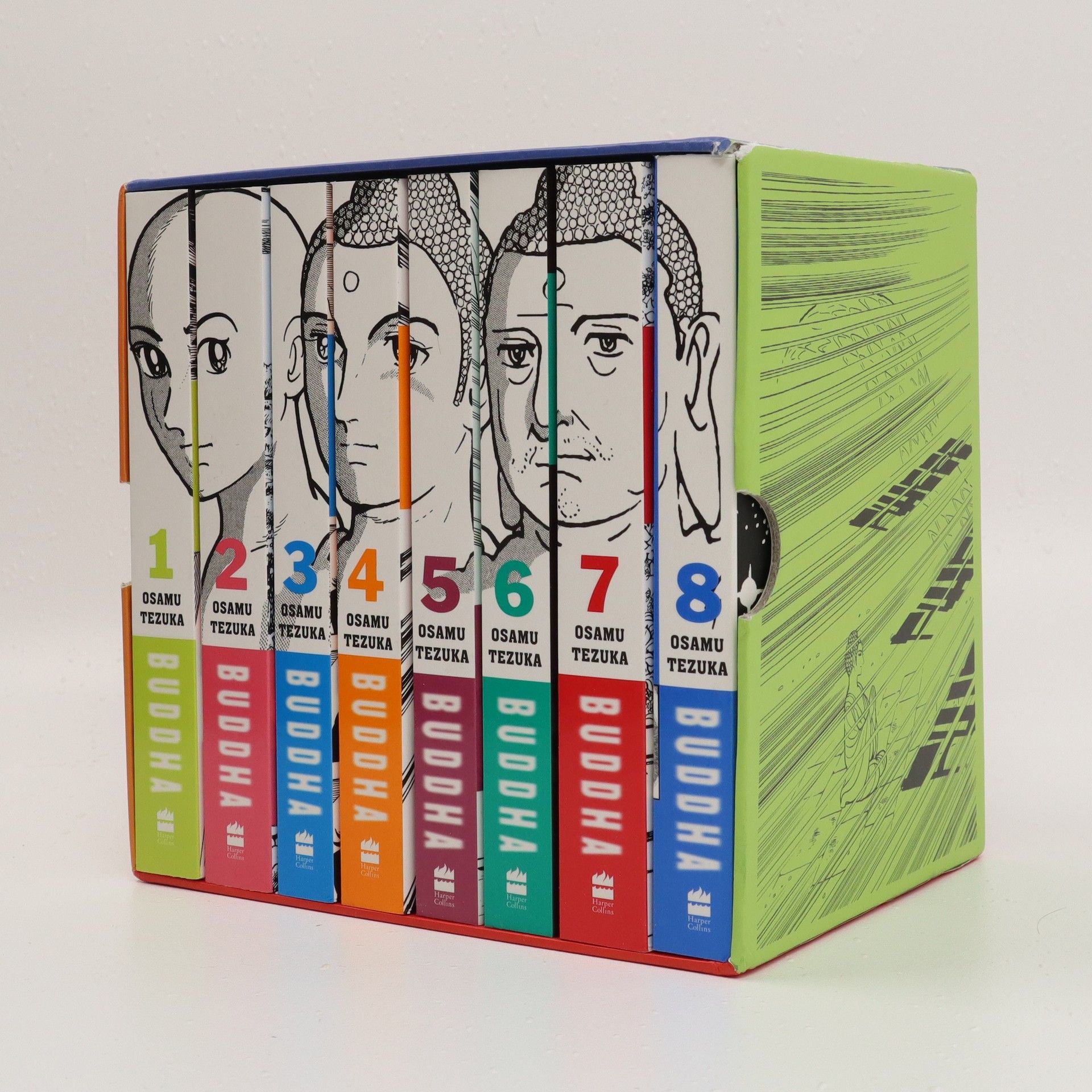

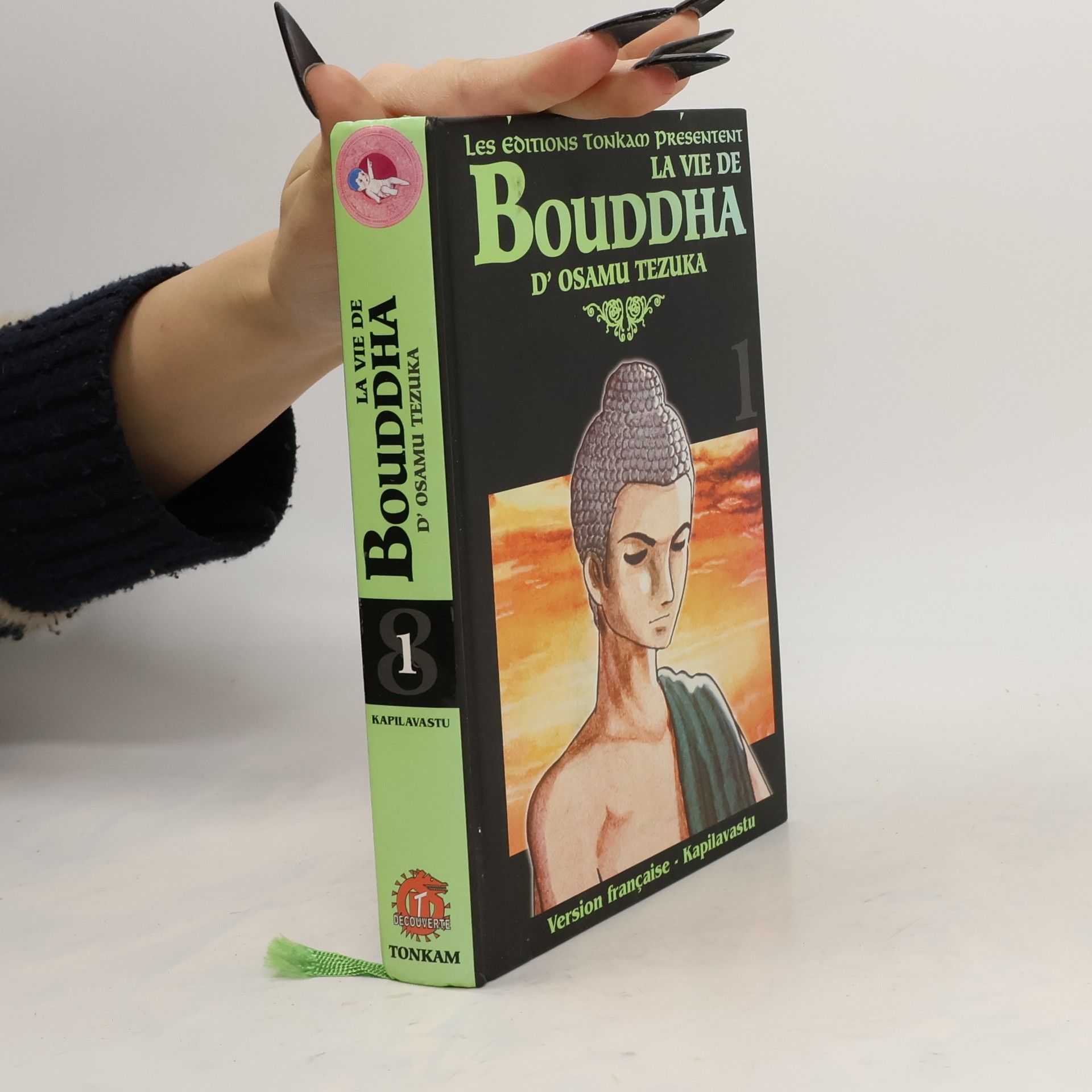
Dix ans se sont écoulés depuis la naissance du prince Siddartha. Ce dernier donne bien du souci à son père, le roi Suddhodana qui se souvient de la prophétie de maître Asitta : "Il deviendra le roi du monde ! Une personne telle que lui n'apparaît qu'une fois en des milliers de siècles". Sans oublier Tatta, le petit voyou attachant devenu grand, qui veut se venger du Kosala, responsable de la mort de sa famille.
'Buddha' is the ultimate example of Tezuka's storytelling genius and artistic mastery. The progenitor of manga as we know it, and the inspiration for countless artists, Tezuka continues to elicit the deepest awe with his sweeping grasp of the human condition.
Atom: The Beginning Vol. 9
- 208pages
- 8 heures de lecture
In this action-packed volume, Six faces a critical challenge when a malfunctioning robot begins to merge with his consciousness. As Tenma and the team work to diagnose the robot, they must race against time to prevent Six from losing his identity. This installment deepens the connection to the beloved Astro Boy franchise, blending intense mecha battles with themes of identity and self-preservation. Created by Masami Yuki and Tetsurō Kasahara, it continues to build excitement for fans of the series.
Buddha 8: Jetavana
- 364pages
- 13 heures de lecture
The narrative explores Siddhartha's journey as he escapes his royal life to seek enlightenment, grappling with profound questions about Hindu practices and societal norms. Tezuka masterfully blends action, emotion, and philosophical insights, emphasizing compassion and the interconnectedness of life rather than resignation. His dynamic visual storytelling captivates readers while delving into the complexities of Siddhartha's experiences and the teachings of Buddhism, making the epic both engaging and thought-provoking.
Dreamland Japan
- 375pages
- 14 heures de lecture
A classic work praised for its scope and intelligence, now in a gift edition for fans, with a new Foreword
Pluto : Urasawa x Tezuka
- 200pages
- 7 heures de lecture
In a distant future where sentient humanoid robots pass for human, someone or some thing is out to destroy the seven great robots of the world. Europol’s top detective Gesicht is assigned to investigate these mysterious robot serial murders—the only catch is that he himself is one of the seven targets.
Buddha 4: The Forest of Uruvela
- 376pages
- 14 heures de lecture
Renowned for its critical acclaim, this work has garnered prestigious Eisner and Harvey Awards, showcasing its excellence in storytelling and artistry. The narrative weaves intricate characters and compelling themes, offering readers a deep exploration of its subject matter. The book stands out for its unique approach, blending humor and poignancy while tackling complex issues. With stunning illustrations and a captivating plot, it invites readers to engage with both the characters' journeys and the broader societal implications presented throughout the story.
Osamu Tezuka's vaunted storytelling genius, consummate skill at visual expression, and warm humanity blossom fully in his eight-volume epic of Siddhartha's life and times. Tezuka evidences his profound grasp of the subject by contextualizing the Buddha's ideas; the emphasis is on movement, action, emotion, and conflict as the prince Siddhartha runs away from home, travels across India, and questions Hindu practices such as ascetic self-mutilation and caste oppression. Rather than recommend resignation and impassivity, Tezuka's Buddha predicates enlightenment upon recognizing the interconnectedness of life, having compassion for the suffering, and ordering one's life sensibly. Philosophical segments are threaded into interpersonal situations with ground-breaking visual dynamism by an artist who makes sure never to lose his readers' attention. Tezuka himself was a humanist rather than a Buddhist, and his magnum opus is not an attempt at propaganda. Hermann Hesse's novel or Bertolucci's film is comparable in this regard; in fact, Tezuka's approach is slightly irreverent in that it incorporates something that Western commentators often eschew, namely, humor.
In part two of Message to Adolf, with World War II escalating things have become quite heated for the Adolfs. Adolf Kaufman is now enrolled in a Hitler Youth Academy. While there he quickly is taught to distinguish between races and religions. He would eventually hand out stars of David to Jews in his community. His work, some of which would be physically difficult, would lead to a visit with the Führer. Unfortunately as young Kaufman would reach such heights, he like Kamil and Tohge before him would find out that Hitler may have a very heavy secret he is hiding.
